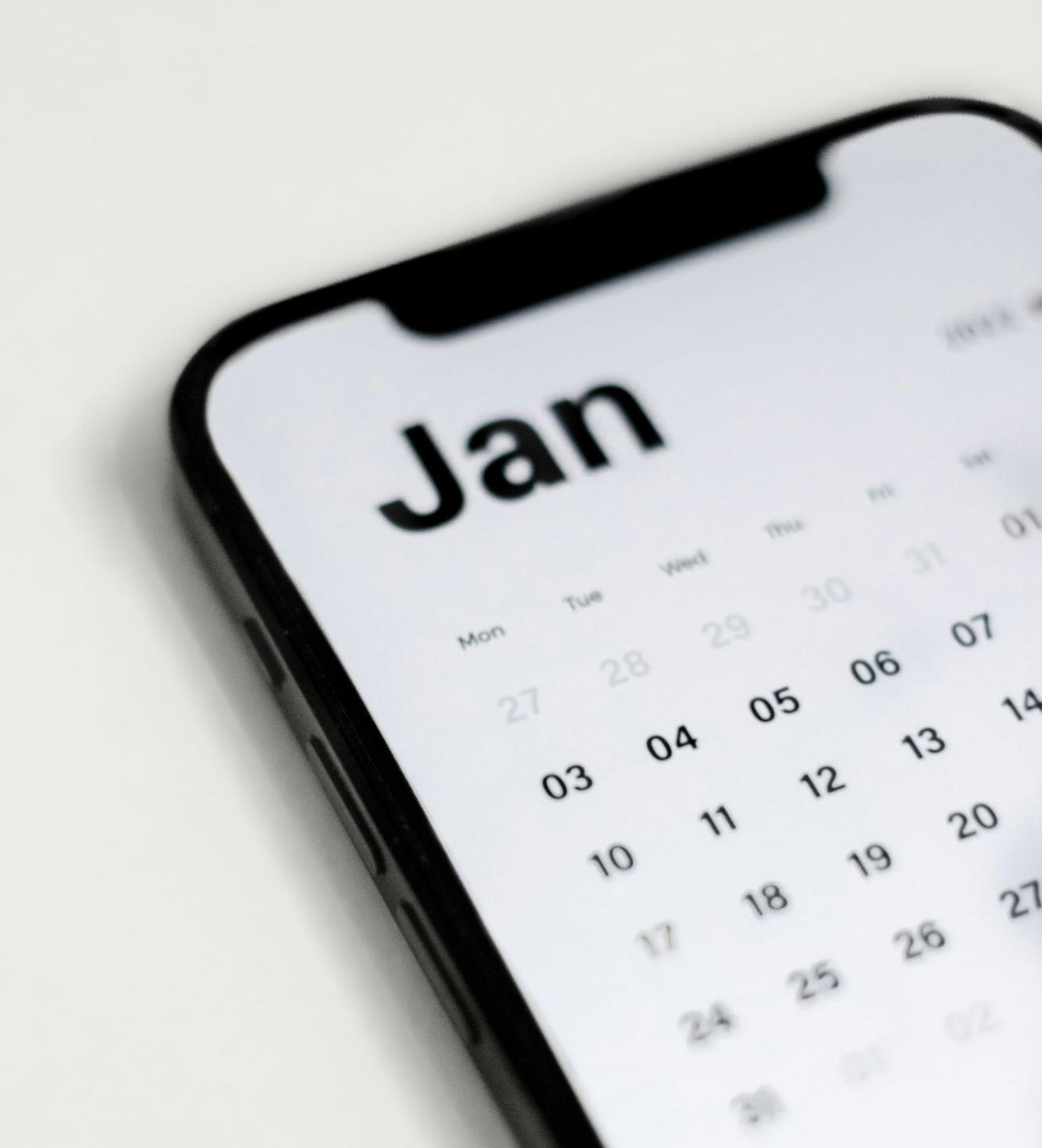Requests for Proposals (RFPs)—professionally-worded love letters organizations like yours launch into the business ether to find a new marketing agency partner. They’re a simple, straightforward way for your business to tell agencies (like us) what you need and how to succeed playing in your sandbox.
Just one problem: RFPs kinda suck.
Don’t get us wrong, as a full-service marketing agency that loves to forge new partnerships, RFPs are the definition of free-market competition. You’re opening the floor to agencies who WANT to work with you, which is a beautiful thing, but deciphering them can be a chore. How much do you want to know about us? Is this a decision by committee? Does the organization have a procurement department handling this RFP? If not, who is the key decision maker?
Through our consultative Stratagem offering at The James Agency, we conducted sweeping independent research on a series of businesses and compiled a list of findings that are changing how we respond to RFPs.
If you’re part of a business, non-profit organization or publicly-owned entity that has sought or is currently seeking a marketing agency partner, we implore you to read this summary of our findings. Your RFPs will be more succinct and you’ll find the perfect agency partner that much faster.
1. WHAT DO YOU WANT?!
Reading RFPs can make us feel a bit like Noah Calhoun yelling in the rain. If you haven’t seen The Notebook, that probably doesn’t make sense (but also, where have you been the last 20 years?).
Romance aside, seriously: what do you want out of your RFP? If you want agencies to send you a proposal, we need to know as specifically as possible what it is you’re asking of us.
- If you have a specific problem, what is that problem?
- Have you made previous attempts to solve that problem already and, if so, to what levels of imperfect success?
- What parameters are you asking agencies to work with?
- What is your budget and scope for the project or retainership?
If that sounds like a lot of information to provide on your part, think of what might happen if you omit some or all of those details. Agencies are going to have to guess. We’ll guess what your problem is, we’ll guess what you need and we’ll guess about what we think you want to hear.
Good partnerships aren’t built off of guessing. Communicate well in your RFPs and agencies will be more motivated to respond in kind.
If they don’t, that’s their loss.
2. CULTURE IS MORE IMPORTANT THAN YOU THINK.
Marketing agencies like us take a lot of pride in our “culture.” To be fair, we’ve worked hard at making ours unique and untouchable. We care for one another like family and prioritize our people, including our clients. We inject levity and remove ego from our daily operations to work efficiently and have fun doing it.
Imagine our pride when we learned that culture isn’t that important in most RFPs.
Well, it is. Just not as important as getting shit done.
Through extensive first-party research and analysis, we inquired with a series of businesses—particularly with non-profit and government-owned organizations—about their priorities for screening and vetting agency partners.
- Capabilities—can they get the job done?
- Experience—have they done something like this before?
- Culture—what are they like? Are they diverse, interesting, non-toxic, etc.?
- Awards—do they have lots of accolades and professional decorations?
Your business may disagree with this priority list, but it begets an important lesson. Vetting an agency based solely on their capabilities and experience shirks a big part of what makes them special: their character; one that can make or break the success of even one-time project-based relationships.
When it comes to searching for the perfect agency partner, there are obviously jobs to do, problems to solve and needles to move. The agencies that make your shortlist must be able to deliver, but would you want to continue working with them once they do?
3. LOOK FOR “CLOSE ENOUGH.”
This is potentially horrific (or fantastic) dating advice, but based on our Stratagem research, “close enough” is really, really good.
Agencies lose RFPs all the time because they haven’t previously succeeded in exactly what prospective clients were asking about. Maybe a project was similar, but using different budgets.
Maybe they’ve successfully branded alcohol, but not cannabis. Maybe they’ve built entire hotel identities before, but never rebranded one originally built in 1956.
Our first-party research yielded anecdote after anecdote of successful agency-client relationships that started with an RFP response that was “close”—not a picture-perfect, spitting image of what the RFP outlined.
If your business sends out an RFP looking for something too specific, you might spend a lot of costly time searching for it—at best. At worst, you might never find it.
On the other hand, when your RFP opens the floor to agencies with “close enough” experiences (while still paying respect to Point #1), you invite marketing organizations into your decision filter that you may not have considered with stricter parameters.
Talk about the one that got away… you may not even be giving her them a shot.
WRITE IT AND THEY WILL COME.
The next time your business is whipping up an RFP for agency partnerships, you’re equipped to improve it. Communicate your needs and parameters, consider the culture and character of potential agencies, and lend a thoughtful ear to “close enough.”
It’s our hope at The James Agency that you’ll use these tips to craft thoughtful RFPs that garner strong, clear responses from capable, cultured agencies. Agencies and businesses should all sit at the table and speak clearly to one another. Maybe then we can all put the bureaucratic tape aside and make some rad shit together.
If you want to skip the RFP process entirely and get directly to work, we know just the strategic, full-service marketing agency for the job: The James Agency. Give us a call if you’re ready to crush your goals, woo your target audiences, shape your image and have a blast doing it.




